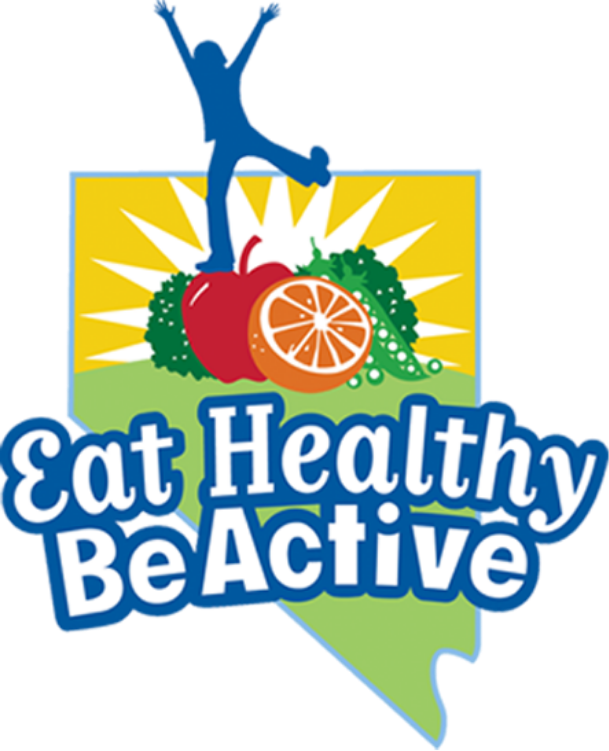Cooking for one can be challenging.
Most recipes and sales are meant for more than one person. Use these tips to help when you’re cooking for one: https://www.choosemyplate.gov/node/5775Nutrients
- Obtain nutrients needed by the body such as potassium, calcium, vitamin D, vitamin B12, minerals, and dietary fiber.
- Lose weight or maintain a healthy weight
- Reduce the risk of developing chronic diseases such as high blood pressure, diabetes, hypertension, and heart disease. If you have a chronic disease, eating well can help to manage the disease.
- Meet individual calorie and nutrition needs.
- Help to maintain energy levels.

Special Nutrition Concerns for Older Adults
- Our daily eating habits change as our bodies get older. Make small adjustments to help you enjoy the foods and beverages you eat and drink.
- Add flavor to foods with spices and herbs instead of salt and look for low-sodium packaged foods.
- Add sliced fruits and vegetable to your meals and snacks. Look for pre-sliced fruits and vegetables on sale if slicing and chopping is a challenge.
- Ask your doctor to suggest other options if the medications you take affect your appetite or change your desire to eat.
- Drink 3 cups of fat-free or low-fat milk throughout the day. If you cannot tolerate milk try small amounts of yogurt, butter milk, hard cheese or lactose-free foods. Drink water instead of sugary drinks.
- Consume foods fortified with vitamin B12, such as fortified cereals.
